Scientists at the University of Utrecht analysed 35 of the most popular frozen pet foods containing raw meat that were sold in Utrecht. The results were reported in the British trade journal Vet Record as well as in newspapers and by television stations across Europe.
According to the study, the frozen products of eight manufacturers in all were mixed in part with other raw foods such as eggs or vegetables. Coliform bacteria were detected in a quantity exceeding the permitted limit for human food in 40 per cent of the products tested. In 23 per cent of the products the Escherichia coli variant was also detected, which can cause serious food poisoning outbreaks.
Antibiotic-resistant coliform bacteria were even detected in 80 per cent of the products. In addition, listeria was found in over half of the products analysed. This causes inflammatory diseases in humans and poses a particular risk for those with a weakened immune system and for pregnant women. In some products the researchers also discovered parasites, although these were rendered inactive by freezing.
In their conclusion the scientists stressed that the bacteria and parasites detected in the raw meat products examined could trigger infectious diseases in pets and pose a risk to humans if transmitted. This could be the case if a pet licked the hands or face of a person, or slept in the same bed.
Study attracts heavy criticism
Although different veterinarians have similarly highlighted possible health risks associated with feeding raw meat on a number of occasions in the past, the latest study by the Dutch scientists has given rise to uncertainty among dog and cat owners all over Europe. It has prompted a storm of indignation on the part of many barfing enthusiasts. Commenting on the reports in the daily press, most pet owners rejected the criticism of feeding raw meat vehemently. "We feed frozen raw meat, are careful about hygiene and add puréed vegetables, fruit and oil to enable the gut to absorb it. And we have a small child. None of this poses a problem if one observes certain rules," said one pet owner, responding to a report in the German newspaper Die Welt. Other pet owners emphasised their satisfactory experience of feeding raw meat to their pets, but pointed out that one must wash one's hands after handling any pet food. Another British pet owner speculated on whether the study "was funded by a pet food company".
EU feasibility study on a positive list
…
 Menü
Menü

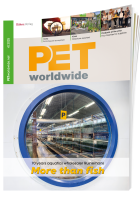



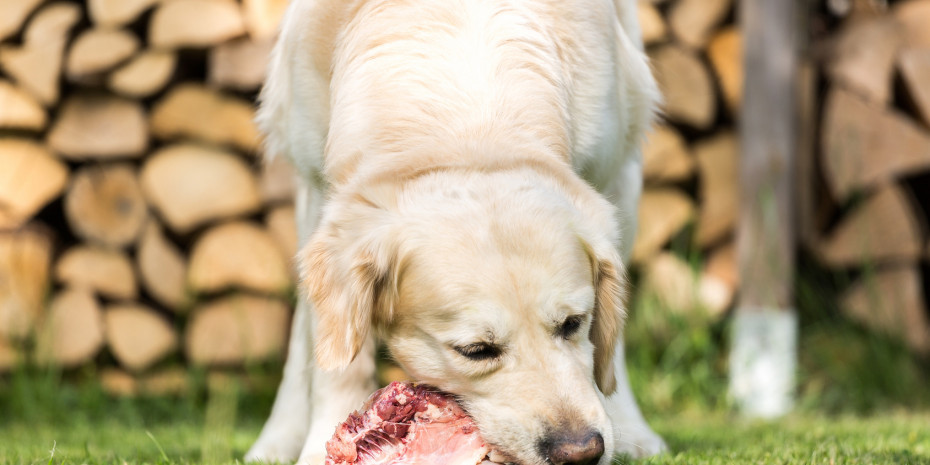


 2/2018
2/2018

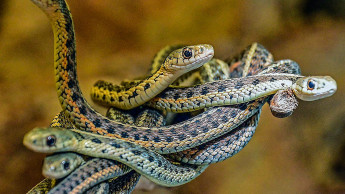

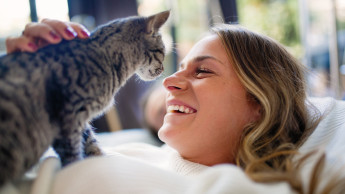
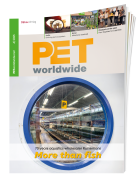








 Newsletter
Newsletter